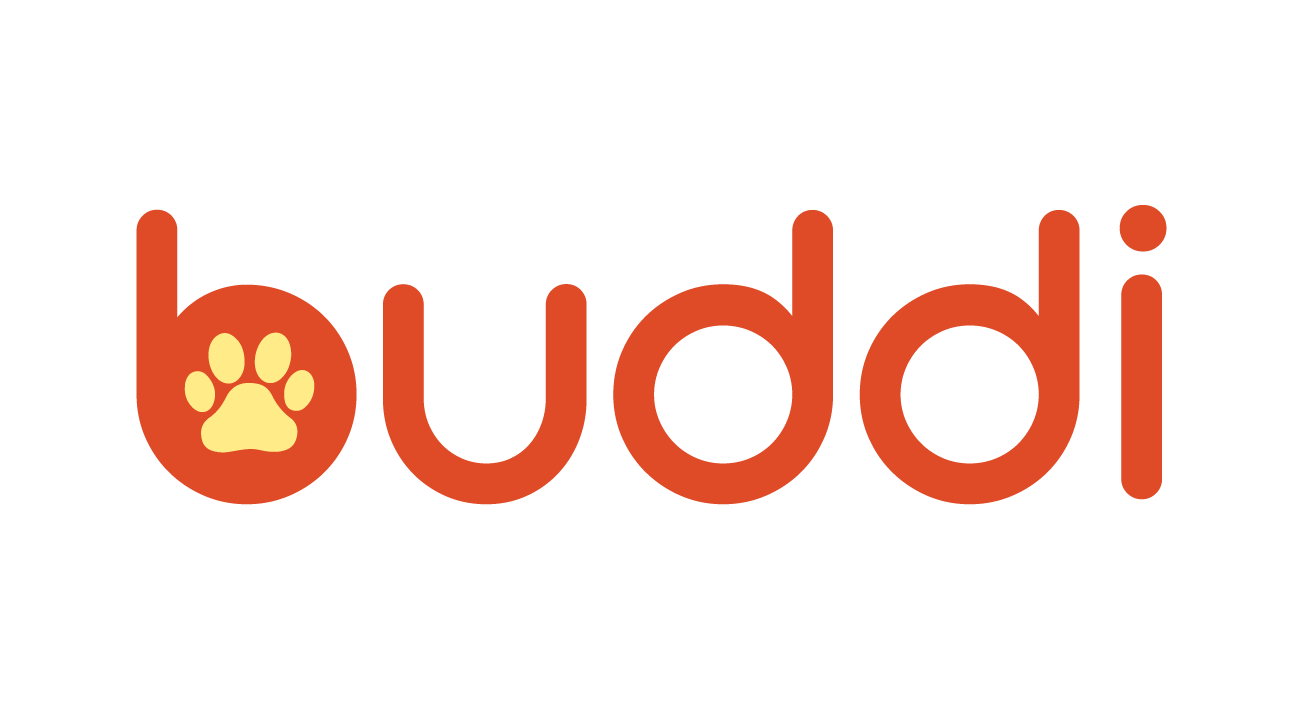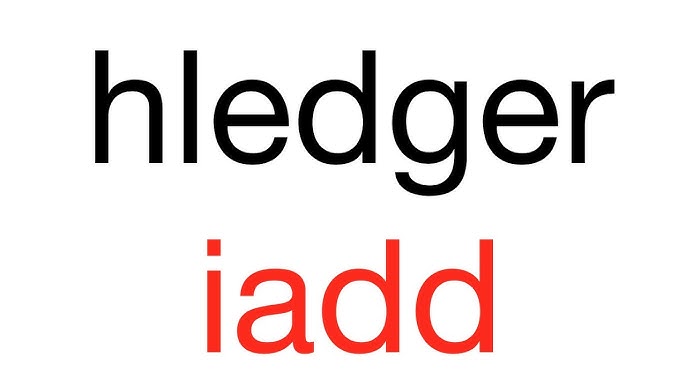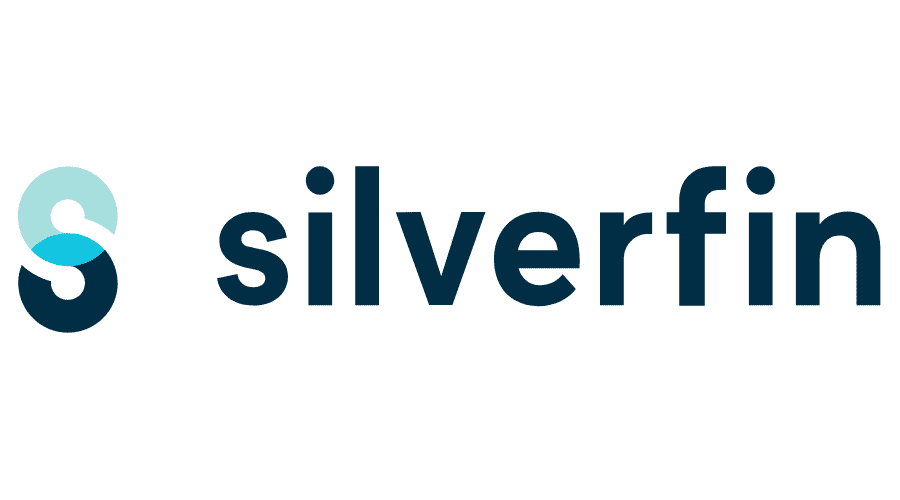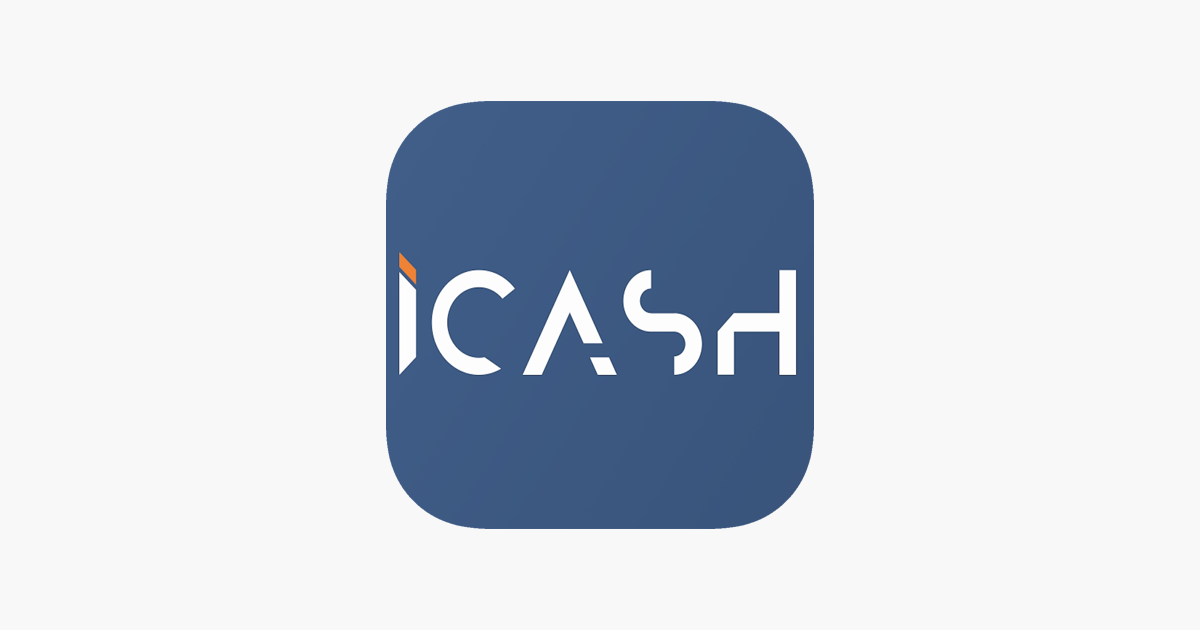Buddi: Simple Money Management and Expense Tracking Tool
Buddi: Simple Money Management and Expense Tracking Tool
Buddi is a free budgeting app that has been around for years and still holds value because of its simplicity. It runs on Windows, Linux, and macOS, and it was made with one clear idea: money management shouldn’t require professional accounting skills. For many, it feels more like a digital notebook than a finance suite.
Everyday use
With Buddi, transactions are added by hand. A bill for groceries, a rent payment, or a paycheck — each goes in as a line with a category. Totals update automatically, and repeating costs like subscriptions can be scheduled once so they don’t have to be entered every month. Over time, Buddi builds up reports and charts that show where cash is going, making it easier to spot habits or rising expenses.
Because it’s built in Java, Buddi works across operating systems. On Windows, it behaves like a normal desktop program, keeping all files local. Plugins extend the basics: some add new report types, others handle CSV or bank statement imports.
Why people still use it
The reason Buddi has kept a user base is that it stays approachable. There’s no jargon, no confusing setup, and no subscription to worry about. Families use it for monthly household budgets, students rely on it for tracking limited allowances, and freelancers often appreciate it as a no-cost way to record small business expenses.
Technical profile
| Item | Details |
| Purpose | Simple personal budgeting |
| Platform | Windows, Linux, macOS (Java-based) |
| Features | Manual entry, recurring transactions, charts, reports |
| Data format | Local database with plugin support |
| Import/Export | CSV and plugins for bank statements |
| Customization | Categories, budgets, plugin extensions |
| Storage | Local files only |
| License | Open-source (GPL) |
| Audience | Families, students, freelancers |
| Download | Installer provided on this site |
Getting started
Installation is light. After downloading the installer, users open a new file and start adding categories. Within a short time, reports appear and charts give a visual snapshot of the budget. It’s easy to get results without much setup.
Real-world scenarios
– Parents track monthly rent, food, and school costs to stay within budget.
– A student keeps a log of daily spending to stretch allowance longer.
– A freelancer records project payments and uses simple reports at tax season.
Things to know
Buddi is deliberately basic. It won’t connect to banks, doesn’t have a mobile version, and advanced forecasting is absent. For many, though, those omissions are what keep it lightweight and focused.
Final thought
Buddi is not flashy, but it’s dependable. For anyone who just needs a clear, open-source budgeting program that won’t get in the way, it continues to be a solid free option.






